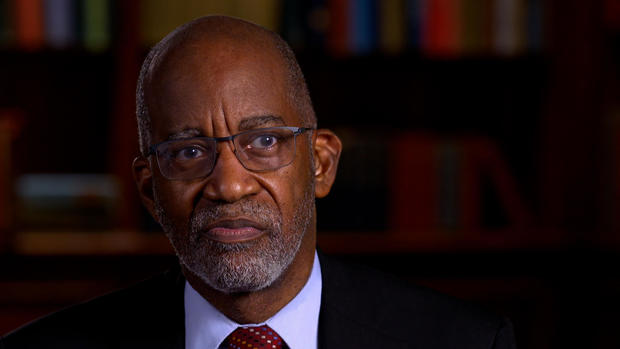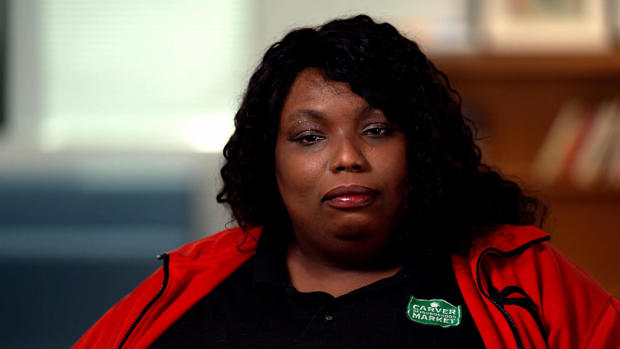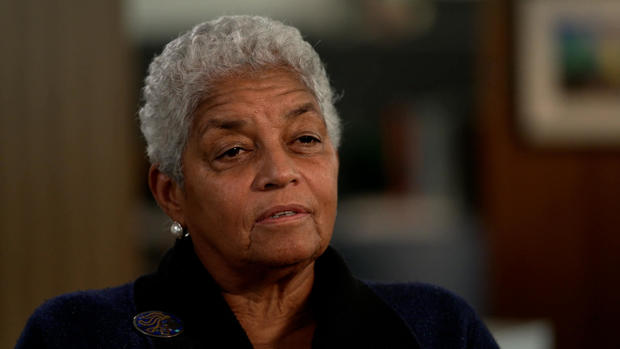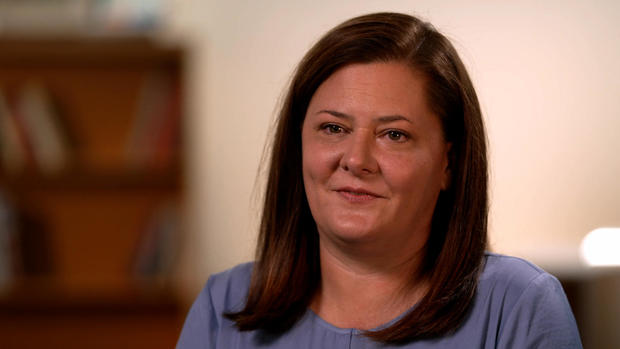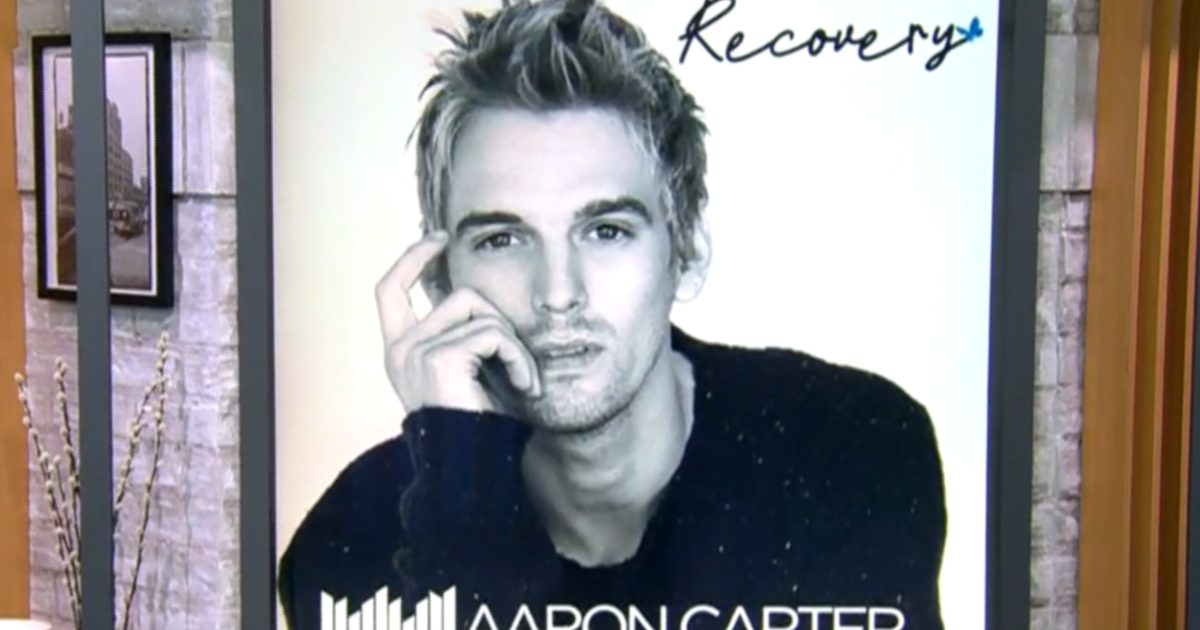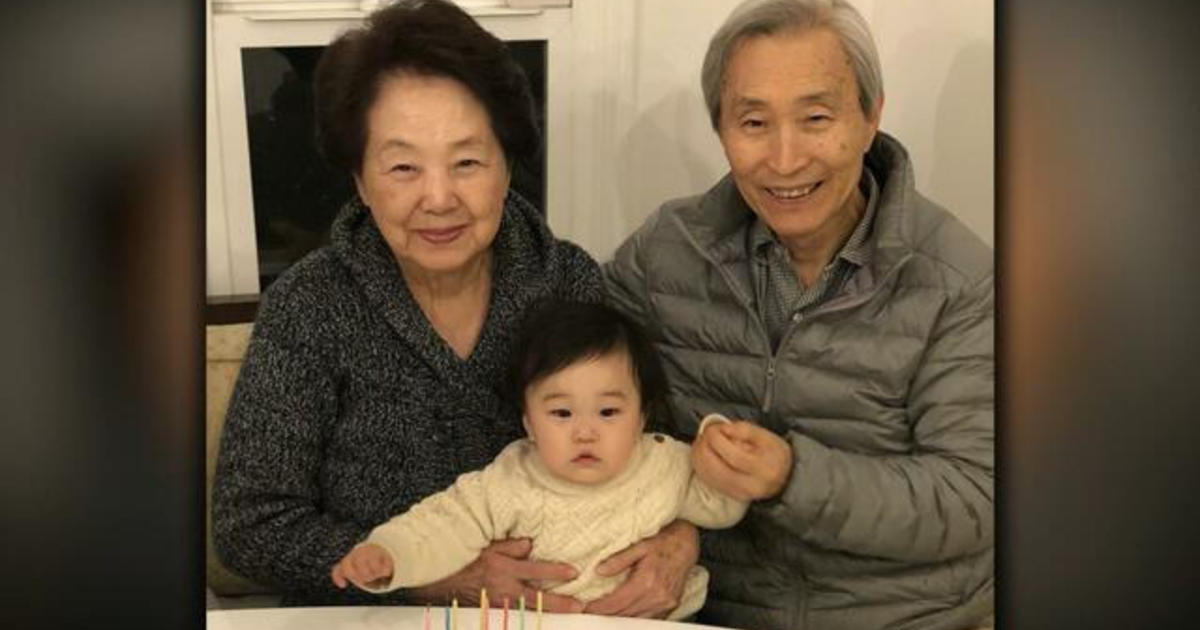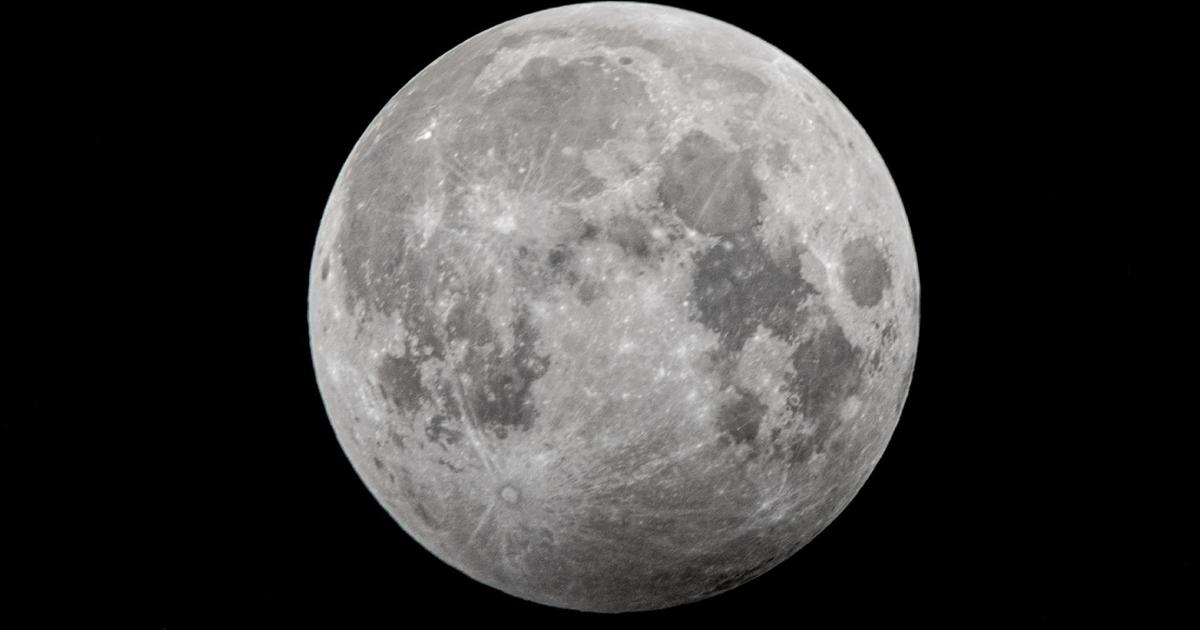Racism's corrosive impact on the health of Black Americans
When the Centers for Disease Control declared last week that racism is a serious public health threat in America, it acknowledged something that researchers have found for decades: on nearly every measure of health, African Americans are more prone to serious disease and premature death.
The coronavirus pandemic has provided devastating evidence of this: Black Americans have died of COVID-19 at twice the rate of Whites, and so far are being vaccinated at a dramatically lower rate.
Poverty and unequal access to high-quality health care play a role in these disparities, but this is not a matter of genetics. Harvard researcher David Williams has spent his career showing what the CDC now recognizes: racism itself can be a killer.
Professor David R. Williams: Imagine a fully loaded jumbo jet with 220 passengers and crew taking off and crashing today. And the same thing happened every day next week and every day next month and every day for the rest of the year. That's exactly what is occurring when we say there are racial disparities in health in the United States. Over 200 Black people dying prematurely every single day.
Dr. David Williams, who is originally from the Carribean island of St. Lucia, is a professor of public health at Harvard and chairman of its Department of Social and Behavioral Sciences. He has spent a quarter-century researching the corrosive impact that racism has on the health of people of color all around the world.
Bill Whitaker: You have conducted rigorous psychological, sociological, scientific studies of this phenomenon?
Professor David R. Williams: That's correct. We've done studies in South Africa. There're colleagues doing studies in Australia, studies in the U.K., studies across the world. And we find in all of these contexts, empirically, statistically that experiences of discrimination are directly impacting health.
Can something as complex and subjective as racial discrimination really be measured? Williams insists it can with a test that he created nearly 25 years ago.
Bill Whitaker: What is the Everyday Discrimination Scale?
Professor David R. Williams: The Everyday Discrimination Scale is-- a measure, a nine item measure, it has items like you're treated with less courtesy than others. You're treated with less respect than others. You receive poorer service than others in restaurants or stores. People act as if they're afraid of you. It's little ways in which your dignity is chipped away on a daily basis. And what we are finding is that persons who score high on the Everyday Discrimination Scale have a broad range of-- of adverse health conditions. It predicts high blood pressure. It predicts the onset of diabetes. It predicts incidence of cardiovascular disease. It predicts poorer mental health.
Professor Williams has demonstrated that the health of Black Americans suffers whether they are rich or poor, well-educated or not. Black women with college degrees are more likely to see their babies die as infants than White women who didn't finish high school. Another stark example? The 1970 graduating class at Yale.
Bill Whitaker: The Black graduates were three times more likely to die prematurely than their White classmates--
Professor David R. Williams: That's correct. I mean that's the magnitude of some of the racial disparities in health we see.
Bill Whitaker: Just to make this abundantly clear. A Black man or woman-- with a college degree, making a lot of money, is less well off, health-wise, than a White man or woman in the same category, under the same circumstances?
Professor David R. Williams: Absolutely.
David Williams' research shows that even when treated in the same health care settings, Black Americans are less well-cared-for than Whites.
Professor David R. Williams: One researcher coined the term "weathering" to describe what is happening to African Americans. Imagine a drop of water falling from the rooftop of this building to the concrete sidewalk below. If the water drips today, it's no big deal. But if day in, day out, week in, week out, year in, year out there is a constant drip, drip, drip of water, the sidewalk, the concrete below would become weathered. It becomes eroded by the constant exposure to adversity. And so what the research is suggesting, that all of these stressors are weathering African Americans in the same way.
Michelle Thomas: I can't change the color I am. And I can't change the color my kids are. And I can't, you know, change the way people see us.
Michelle Thomas is a single mom raising six kids in Atlanta. She has felt the drip, drip, drip of all of racism's "stressors."
Michelle Thomas: You see the Confederate flag being flown. You see people driving by are calling you the N-word. And you're just walking down the street. I don't know any other race that actually say they have to have a talk with their kids about how to handle yourself when you're in the street or how to handle yourself around a police officer or how to handle yourself when you go shopping in a store. Make sure your hands are not in your pocket.
She points to a particularly painful moment in 2019 when her teenage son Jerome, who is on the autism spectrum, was stopped and handcuffed by Atlanta police who said he fit the profile of a robbery suspect.
Michelle Thomas: I'm like, "If you talked to him for a little while, you would know for a fact that my son had had autism. But you didn't get a chance to know my son. You just assumed that he was the criminal. And that broke my heart.
Bill Whitaker: What was the impact on your son? What did it do to him?
Michelle Thomas: He was, like, "Mom, did I do something wrong?" And I'm, like, "No baby. You did nothing wrong. It's just your skin." And he's, like, "Well, you think this is gonna happen to me again?" And -- you know, I had to say. And I'm, like, "Yes. Nine-- nine times out of ten this is gonna happen to you plenty of times in your lifetime."
Shirley Franklin: People are really tired of these two Americas. They want to do something different.
Shirley Franklin served two terms as mayor of Atlanta, and then as board chair of purpose-built communities, an organization trying to improve health outcomes for African Americans by investing in Black neighborhoods.
Bill Whitaker: Dr. Williams told us that there is a 20 to 25-year gap in life expectancy based on the communities we live in. That's a remarkable number.
Shirley Franklin: The life expectancy numbers are startling and they are horrific.
One of the places where Franklin's group is trying to change those numbers is historic South Atlanta, the neighborhood of about 2,000 people where Michelle Thomas and her kids now live.
Shirley Franklin: We determined that there were three key pillars. One is community wellness and community health with a sense of community spirit. Another is accessible affordable housing. And the third is education.
Professor David R. Williams: If we can improve the living conditions of individuals, we actually can improve their health. Let me give you an example of a study that was done years ago. Where they took African Americans who lived in public housing and randomly, by the flip of a coin, some of them remain in -- public housing, and some of them were given a voucher where they could go and find housing in areas of-- of lower levels of poverty than where they currently were. Research shows ten to 15 years later those African Americans who moved to a better neighborhood had lower rates of obesity-- and lower diabetes risk. No health intervention. You just changed their neighborhood.
A crucial factor in that equation is access to healthy foods. For years, South Atlanta – like many Black neighborhoods - was what's known as a food desert, with no nearby grocery store. Katie Delp, whose neighborhood nonprofit works with former Mayor Franklin's group, says she tried to convince grocery chains to open a store.
Bill Whitaker: You approached, like, every major supermarket chain to ask them if they would build a supermarket -- in the neighborhood, and they all said no?
Katie Delp: They all said no.
Bill Whitaker: Why?
Katie Delp: The community does not have enough disposable income for a large supermarket. So it doesn't work for their model.
So Delp and her colleagues decided to build a smaller one of their own. In 2015 they opened Carver Market with Community Grounds, a coffee shop, in the same building.
Bill Whitaker: Do you remember your reaction the first time you saw or walked into Carver Market?
Michelle Thomas: Yeah. I was blown away. Like, it has a cafe here and there's a -- grocery store. I'm, like, "Wow." And I'm, like, "This area is a food desert. And we got somethin' like th--" I was, like, "Thank God. Amen." I was so happy.
Bill Whitaker: Just the things you're saying, to be able to walk into a store and get fresh vegetables and fruits, and have a coffee shop, that's something many Americans just take for granted. And that's not something that is available to everybody.
Michelle Thomas: Yes. It's not. And it's sad. And it should be.
Professor David R. Williams: To have grocery stores that provide affordable access to high quality foods is a good thing from a health and nutrition point of view. But in addition to that, it provides employment opportunities. And really-- a job is a good health-enhancing strategy.
That has been precisely Michelle Thomas's experience in South Atlanta.
Bill Whitaker: You didn't just wanna shop at Carver Market.
Michelle Thomas: No. I wanted to be a part of Carver Market. "How can I apply? How can I get started?"
Bill Whitaker: What was your first job?
Michelle Thomas: My first job was a barista.
Bill Whitaker: So what is your job now?
Michelle Thomas: I'm assistant-- general manager of - of-- Carver Market. (LAUGH)
The health benefits that a nearby grocery store can provide have been proven in neighborhod after neighborhood. MichelleThomas says she sees it in her own family, compared to the food-desert where she used to live.
Michelle Thomas: I could never get fresh fruit and vegetables the same day that I needed them. With Carver Market, I can actually just walk down the street like five blocks and I have fresh vegetables, fresh fruit. And that's the point. You want to give your kids something healthy.
Even with all the progress in South Atlanta, there's fresh trauma, too. Last June, Rayshard Brooks was shot and killed by an Atlanta police officer just a half-mile from the Carver Market. In the unrest that followed, the market was vandalized. But that wasn't the whole story.
Katie Delp: One thing that struck me the morning-- after the vandalism is that we had neighbors everywhere, you know, sweeping up glass, scrubbing off graffiti-- boarding up windows.
Michelle Thomas: We came together. You wouldn't believe how many neighbors came together. And if you see that many people, you know you're at a good place.
That same week, Michelle Thomas and her neighbors held a peaceful march that drew a stark contrast to the violence. They painted murals over graffiti and started bike rides to occupy neighborhood kids idled by the pandemic. And recently, more than 400 neighborhood residents got a COVID vaccine during a one-day pop-up clinic.
Michelle Thomas: We're more than just a neighborhood. We're more than just people. We're a family. And once-- you have a family, hey, you have everything.
South Atlanta is now one of almost 30 neighborhoods around the country that are part of the purpose-built communities network, all of them working to undo or at least mitigate the damage done by decades – centuries, really – of segregation and racism.
Bill Whitaker: If you're working community by community, this is gonna take a long time to reach your goals. I mean, people are clamoring for change right now.
Shirley Franklin: It took 400 years to get into this desperate situation. So your question about whether we do it one at a time-- doesn't sit too well with me. Because we didn't get here overnight. And it's gonna take some, it's gonna take some time to get out of this dilemma.
Produced by Rome Hartman and Sara Kuzmarov. Field producers, Miles Doran and Cristina Gallotto. Associate producer, Emilio Almonte. Edited by Michael Mongulla.
